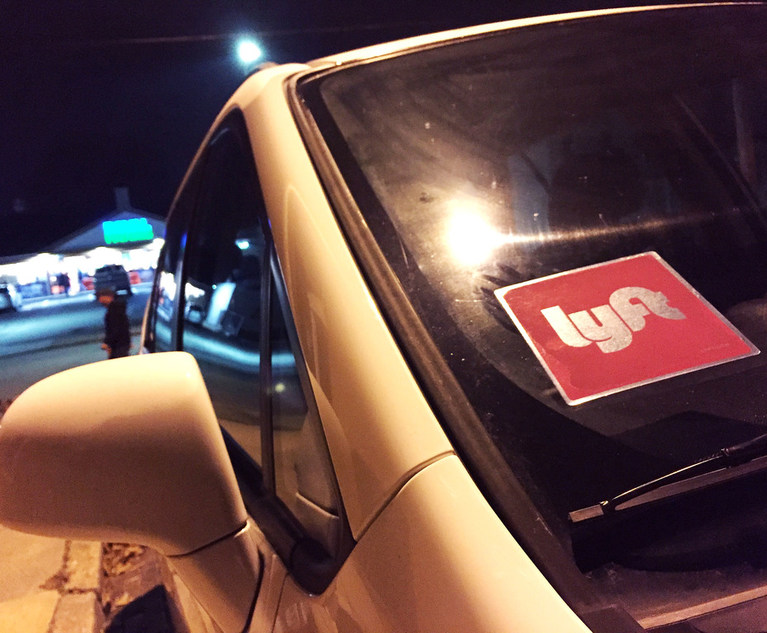Growing up, we were told not to hitchhike with strangers, but we now blithely disregard that time-tested advice when we get into an Uber or a Lyft with a stranger at the wheel. Driving for Uber or Lyft empowers, enables and emboldens sexual predators because it ensures close proximity to a steady supply of captive, vulnerable, sometimes intoxicated victims.
It’s a pleasant fiction to believe that riding in an Uber or Lyft is no more dangerous than riding in a taxicab, and that Uber and Lyft thoroughly check their drivers’ criminal histories. The reality is very different. Most cities require taxi drivers to be fingerprinted because fingerprints cannot be readily faked, and fingerprinting is the gold standard to check criminal histories. Uber and Lyft consistently resist and lobby against such a requirement for their drivers. The sad result is a steady series of predictable, obvious and preventable sexual assaults of passengers by Uber and Lyft drivers.
This content has been archived. It is available through our partners, LexisNexis® and Bloomberg Law.
To view this content, please continue to their sites.
Not a Lexis Subscriber?
Subscribe Now
Not a Bloomberg Law Subscriber?
Subscribe Now
LexisNexis® and Bloomberg Law are third party online distributors of the broad collection of current and archived versions of ALM's legal news publications. LexisNexis® and Bloomberg Law customers are able to access and use ALM's content, including content from the National Law Journal, The American Lawyer, Legaltech News, The New York Law Journal, and Corporate Counsel, as well as other sources of legal information.
For questions call 1-877-256-2472 or contact us at [email protected]


 Photo: Diego M. Radzinschi/ALM
Photo: Diego M. Radzinschi/ALM




